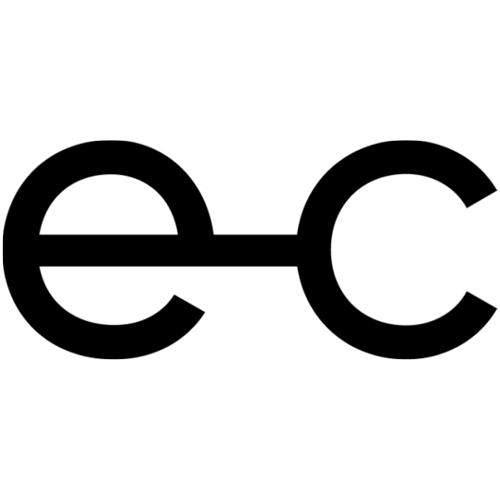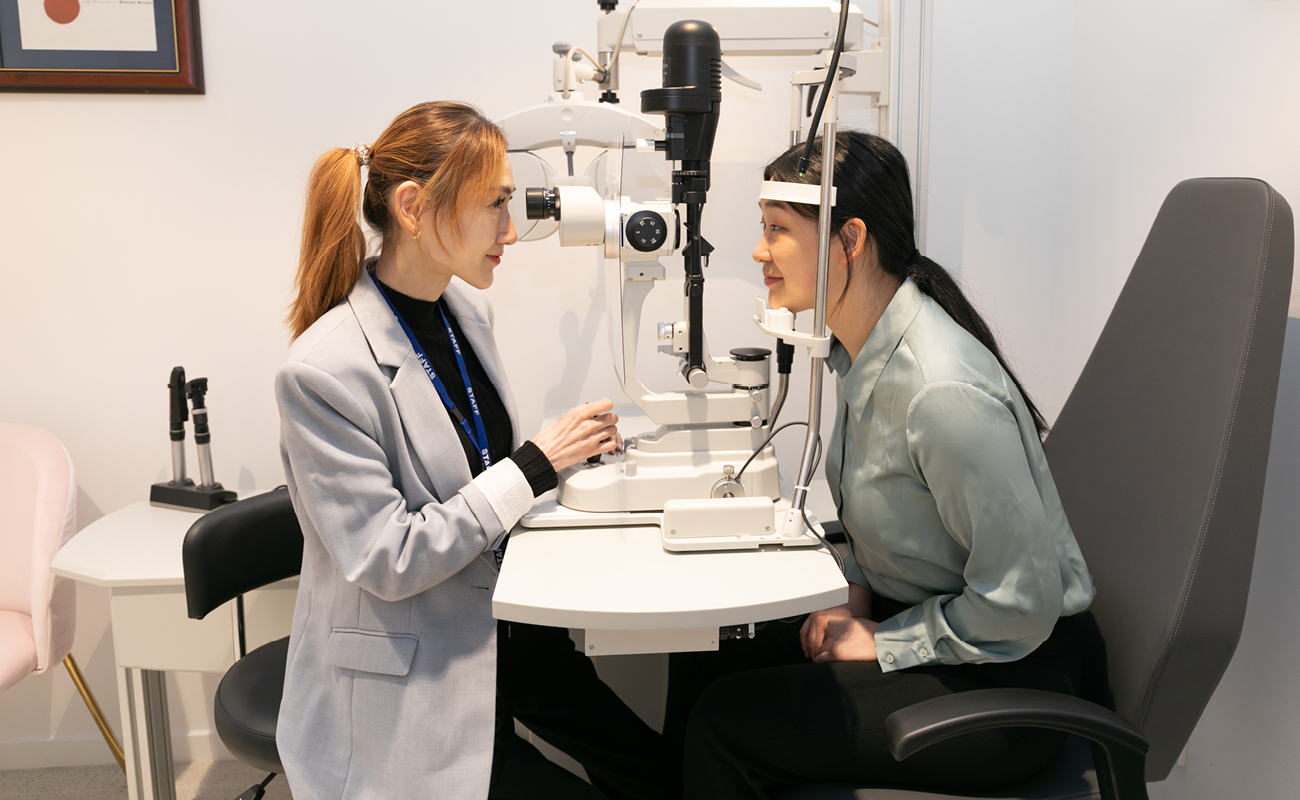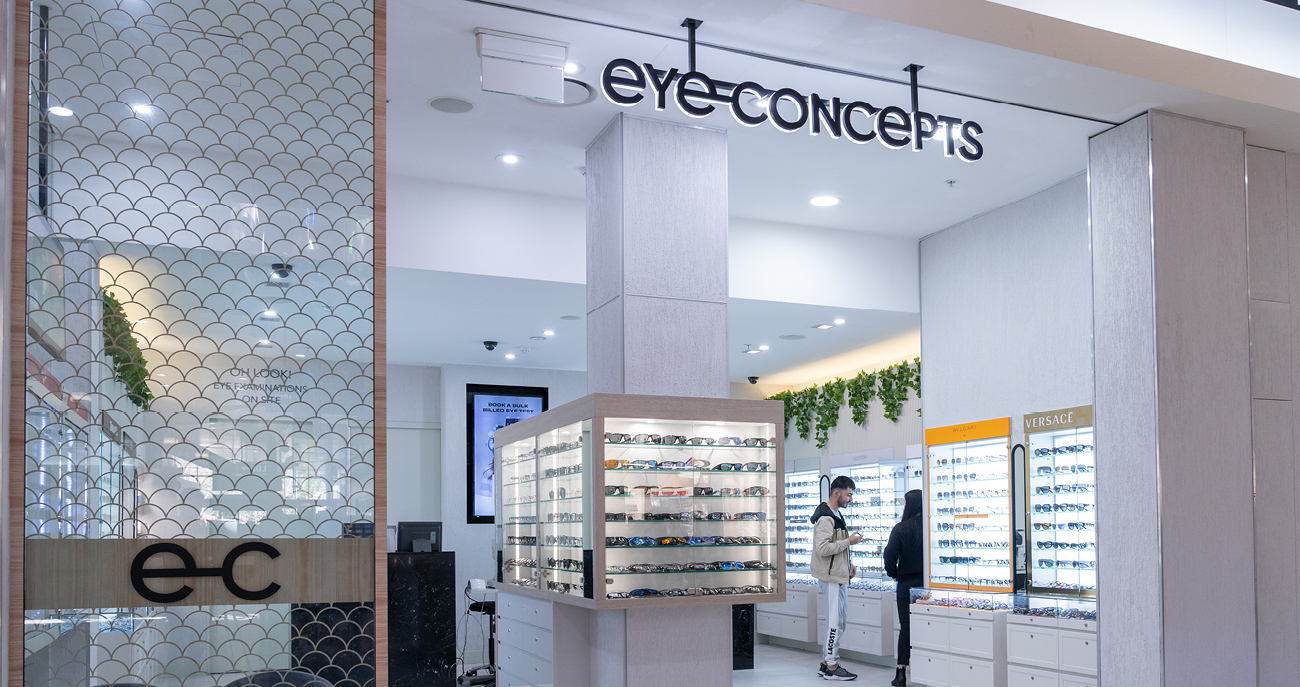Right Nutrition for Eye Health in Wetherill Park
Good vision is essential for one's daily life. Healthy vision allows us to see the world's beauty and helps us perform daily tasks efficiently. Did you know that the right nutrition can help to support your eye health?
This post will examine the benefits of incorporating certain nutrition choices into your diet and discuss how they help promote and maintain healthy eyes.
The Connection Between Nutrition and Eye Health
Nutritional Needs of the Eye
Eye health care is important as it prevents vision problems, reduces the risk of injury and improves the overall quality of life. Eyes utilise nutrients to function properly and optimally and maintain health—different parts of the eye benefit from specific nutrients.
Cornea
The cornea is the transparent cover of the iris and pupil in the front part of the eye. It helps in focusing light to create an image on the retina. Vitamin A in leafy green vegetables and Vitamin C in citrus fruits and broccoli assist in keeping the cornea strong and resistant to damage.
Retina
The retina is a tissue layer at the back of the eye that contains cells called rods and cones. They convert light into electrical signals sent to the brain, allowing us to see. Omega-3 fatty acids, lutein, and zeaxanthin help the retina function properly.
Macula
The macula is a small, sensitive part of the retina that gives us the central vision for us to see fine details and colours. It is important for reading, driving and recognising faces. Lutein, zeaxanthin, Vitamin C, E and zinc may help protect the macula from harmful blue light.
Lens
The lens is a transparent, flexible disc behind the iris that helps to focus light onto the retina. It maintains the eye's shape and clarity. Vitamins C and E in nuts and seeds may protect the lens from damage.
Optical Nerve
The optic nerve responsibly transmits visual information from the retina to the brain. Antioxidants protect it from damage, and Vitamin B12 is a great source to maintain its health.
Effects of Nutritional Deficiency
As we age, there is an increased risk of developing eye diseases. However, even young people can suffer from vision conditions due to poor nutrition. Nutritional deficiency may lead to various vision problems, including:
Dry eyes
Macular degeneration
Cataracts
Glaucoma
Vital Nutrients for Eye Health
Vitamin A
Vitamin A is important for eye health, as it can help maintain moisture in the eye, preventing dryness.
Carrots and sweet potatoes can provide more than the daily recommended dose. Brightly coloured fruits and vegetables like cantaloupe, apricots, peaches, spinach, broccoli, pumpkin, and tomatoes are also good sources.
Prolonged vitamin A deficiency may lead to dry eye syndrome and night blindness. However, Vitamin A deficiency is rare in western countries.
Omega-3 Fatty Acids
Omega-3 fatty acids can protect against macular degeneration and dry eyes. These can help prevent the progression of macular degeneration by assisting blood flow to the eyes and reducing inflammation. In addition to assisting in the reduction inflammation, these also can aid tear production, which is important to alleviating symptoms of dry eye syndrome.
The following are Omega-3 fatty acids sources:
Fatty fish (salmon, mackerel, sardines, and trout)
Nuts and seeds (flaxseeds, chia seeds, and walnuts)
Vegetable oils (flaxseed oil, canola oil, and soybean oil)
Leafy green vegetables (spinach and kale)
Fish markets, supermarkets, and health food stores are options for obtaining Omega-3 fatty acids.
Antioxidants: Lutein and Zeaxanthin
Lutein and zeaxanthin help to protect the eyes against harmful light and oxidative stress from exposure to oxygen and light, reducing the damage and risks of developing an eye disease like cataracts or macular degeneration.
Foods rich in these antioxidants include:
Vegetables like kale, spinach, collard greens, broccoli, peas, and brussel sprouts
The yolk of an egg
Oranges and grapefruits
Marigold flowers and red pepper in some supplements
The importance of consuming foods rich in lutein and zeaxanthin lies in their potential to protect against age-related eye diseases and maintain overall eye health.
Zinc
Zinc helps in creating melanin, which protects from the damage that occurs from sunlight and ultraviolet rays. It is also important for the retina's health, protecting its cells from oxidative stress-induced damage.
Zinc can be found in oysters, beef, lobsters, pork, and yoghurt.
Nutritional Tips for Wetherill Park Residents
Local Produce and Fresh Markets
Wetherill Park residents can support local farmers and access fresh, seasonal produce by shopping at nearby markets. Some popular options include:
Wetherill Park Market Town
Prairiewood Fruit Market
Fairfield City Markets
Parramatta Farmers Market
Also, consulting optometrists in Wetherill Park can provide personalised recommendations for maintaining good eye health through proper nutrition.
Dietary Habits for Optimal Eye Health
According to the American Academy of Ophthalmology, the following nutrients are needed to slow the progression of an eye disease.
Vitamins C
Vitamin E
Lutein
Zeaxanthin
Zinc oxide
Copper oxide
With this recommendation, it is important to eat a balanced diet to ensure we get the necessary vitamins and minerals our eyes need. Instead of focusing on consuming one food or nutrient, you should include a variety of nutritious foods from all food groups. Also, control portion sizes for high-fat and high-sugar foods to prevent diabetes, the leading cause of vision loss in adults. Maintaining a balanced diet supports your eye health and contributes to overall wellness.
How Wetherill Park Residents Can Monitor and Improve Eye Health
Regular Check-ups and Consultations
Regular check-ups and consultations with optometrists are crucial for monitoring and improving eye health. Optometrists can detect early symptoms of eye diseases and prevent them from progressing through treatment. During these check-ups, optometrists can also provide tailored advice and recommendations for maintaining good eye health based on each individual's needs.
For children in Wetherill Park, it's especially important to start regular check-ups and consultations with optometrists early in life to ensure kids’ eye care needs are met.
Dietary Assessments and Adjustments
Diet plays a significant role in maintaining overall health, including eye health. With proper guidance, everyone can assess their current dietary habits and make necessary adjustments to improve their eye health.
Apart from diet, certain lifestyle habits can also impact eye health. These include smoking, excessive alcohol consumption, and prolonged exposure to digital screens. Quitting smoking and reducing alcohol intake can benefit overall health and improve eye health. Additionally, taking regular breaks from staring at screens and using blue light filters on electronic devices may reduce the strain on the eyes.
Conclusion
Maintaining optimal eye health extends beyond regular check-ups; it involves a comprehensive approach that includes dietary habits and lifestyle choices. Access to local markets offering fresh produce rich in essential nutrients like Omega-3 fatty acids, lutein, zeaxanthin, and zinc can help to support eye health.
Regular consultations with optometrists and dietary assessments can provide personalised advice for dietary and lifestyle adjustments. It is also pivotal to mitigate habits that can negatively affect eye health, such as smoking, excessive alcohol and unnecessary screen time. Thus, taking care of our eyes is a multi-faceted effort that involves regular eye check-ups, a balanced diet, and a healthy lifestyle.



